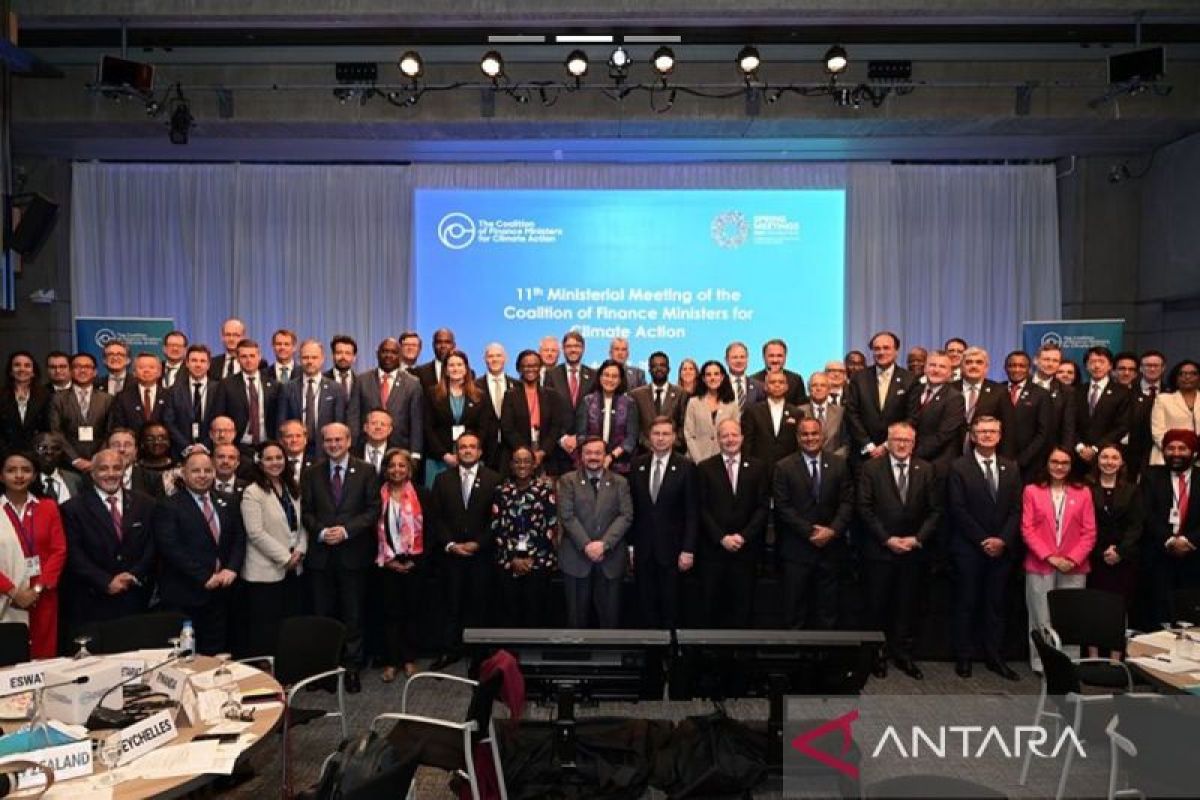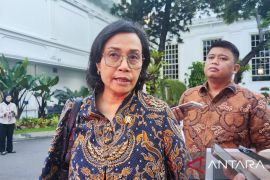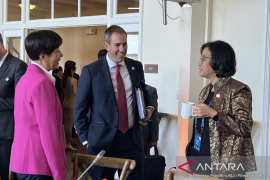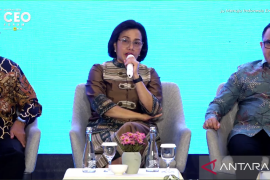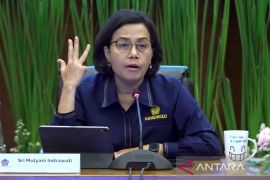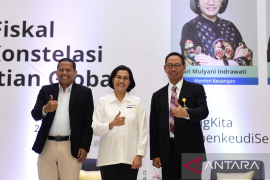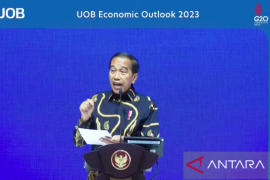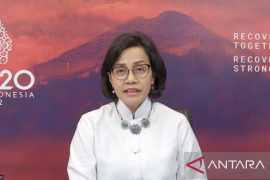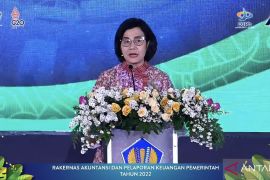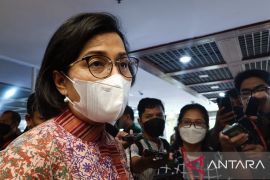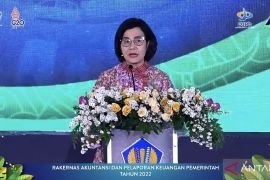"Indonesia's fiscal policy faced a real test during those challenging conditions, and it continues to be tested by various other shocks today," she noted in a statement on Monday.
She remarked that the policy cannot be separated from discretion, including during a crisis, which was carried out by the Indonesian government as well.
Sri cited as an example that the state budget deficit is not allowed to exceed three percent in one fiscal year. This discretion is a form of response to the ongoing pandemic and is only allowed to last for three years.
Meanwhile, the discretion applied in Indonesia was stricter than in other countries, wherein Indonesia only allowed the deficit to reach a maximum of six percent, as compared to other countries, with a maximum of 10 percent.
She explained that another aspect of the policy was openness. She said that her ministry has routinely held monthly press conferences for the state budget performance and facts to inform the public regarding the implementation of fiscal and budget policies.
"Including how much state revenue we collect and how much we spend from the budget," she revealed.
Sri was among the panelists at the meeting, which is one of the series of the IMF-World Bank Spring Meetings activities, along with First Deputy Managing Director of the IMF Gita Gopinath and Finance Minister of Chile Mario Marcel, among others.
Sri was earlier also appointed as speaker on a panel titled "Transforming Challenge into Action: Expanding Health Coverage for All".
During the panel, she emphasized the importance of improving the quality of human resources, both in the fields of education and health, as the foundation for inclusive and equal economic growth.
Related news: Indrawati highlights 3 issues at IMF-WB meetings
Related news: IMF recommends three steps for ASEAN to survive economic challenges
Translator: Imamatul Silfia, Resinta Sulistiyandari
Editor: Anton Santoso
Copyright © ANTARA 2024
